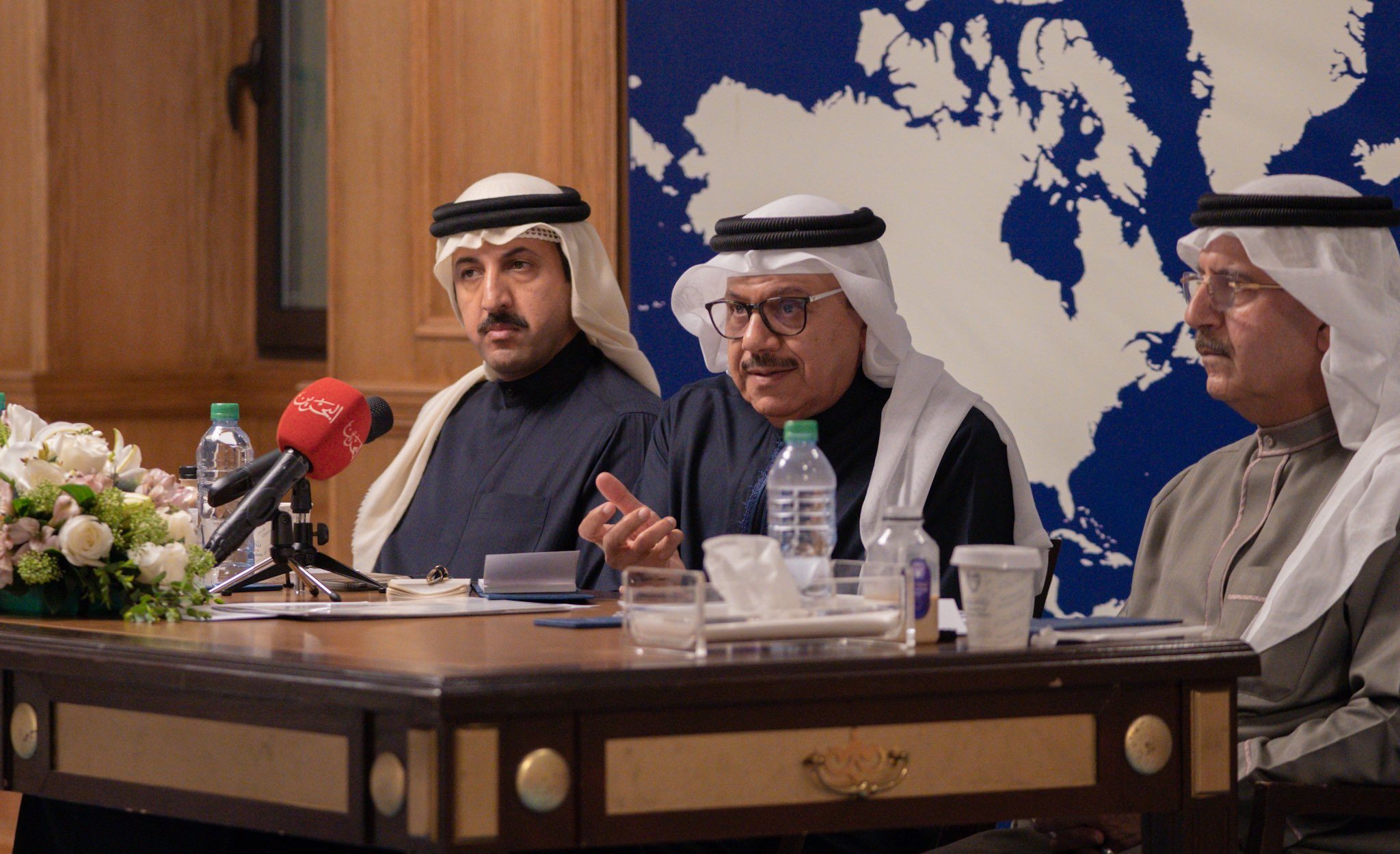The latest statement comes a week after another Manama official accused Doha of allegedly not showing “seriousness” in committing to its part in the GCC reconciliation.
Bahrain’s foreign minister said Qatar is yet to respond to an invitation sent in January by Manama to discuss “outstanding issues”, as tensions between the two countries continue to simmer despite the signing of the Al Ula Declaration.
Abdullatif Al Zayani’s comments, made at a government meeting on Sunday, also referred to a letter sent by Bahrain to the Gulf Cooperation Council member states, in which Manama complained of Doha’s lack of response.
“The letter made it clear that Qatar did not respond to the invitation extended by the Ministry of Foreign Affairs, and that it was confirmed that Bahrain would await a response to the invitation for a bilateral meeting,” Al Zayani said.
The Bahraini official’s remarks are just one of many in recent weeks to criticise Doha’s perceived silence on issues of contention between it and Manama, particularly those that have surfaced in the lead up to and post the end of the years-long Gulf crisis.
However, analysts say Qatar’s unresponsiveness to the “illogical” invitation is far from surprising considering the ongoing provocations from Manama.
“It clearly doesn’t seem to make sense to Qatari officials that, during escalations and ongoing attempts to taint Qatar as aggressive in the eyes of Bahraini society, that Doha would receive an invitation to send an official delegation for talks,” Dr. Majed Al-Ansari, Assistant Professor of Political Sociology at Qatar University, told Doha News.
Bahrain’s mobilisation of its media outlets against Qatar, including attempts to label it as the party unwilling to reconcile, has done little to inspire Doha to respond.
“If the Bahrainis are serious about dealing with these issues, they know the framework and protocols they have to go through. They also know how to deal with their neighbouring countries. They don’t need to go through the media,” Al-Ansari said.
Escalations prior GCC reconciliation
Prior to the historic signing of the Al-Ula Declaration in Saudi Arabia in January, Bahrain launched a series of provocative moves against Qatar, prompting analysts to question whether Manama was attempting to sabotage the reconciliation process.
These escalations date back to at least November last year, when Bahrain accused Qatar of violating international and GCC agreements – of which both countries are members – after Doha’s border security stopped two of Manama’s boats for breaching its territorial waters.
While the boats were allowed to return to Bahrain’s waters, another incident occurred just weeks later. Since then, Bahraini fighter jets have also trespassed into Qatar’s airspace, prompting Doha to lodge a formal complaint with the United Nations.
Is Bahrain playing the role of saboteur in GCC reconciliation?
“They were very keen on escalating prior the Al Ula Summit, apparently with the hopes that this would derail the restoration of relations with Saudi Arabia at least,” Al-Ansari suggested.
Although the signed declaration stipulated the restoration of diplomatic ties with the former blockading quartet, Bahrain’s position on reconciliation still remains in question.
In a more recent post-reconciliation incident, Bahrain seized 130 properties reportedly belonging to the family of Qatar’s Amir Sheikh Tamim bin Hamad Al Thani.
Speaking to Doha News, Giorgio Cafiero, CEO of Gulf State Analytics, a Washington, DC-based geopolitical risk consultancy, said the ongoing tensions between the two Gulf states reflect how much the declaration was able to solve.
“Tensions have actually worsened since the Al Ula accord’s signing, highlighted by Bahraini authorities confiscating properties in the archipelago kingdom which belong to a Qatari royal,” said Cafiero.
“The continuation of such problems in Bahrain-Qatar relations are illustrative of how the Al-Ula summit only partially resolved the Gulf crisis with full Gulf Arab reconciliation remaining elusive,” Cafiero said.
Follow Doha News on Twitter, Instagram, Facebook and Youtube







